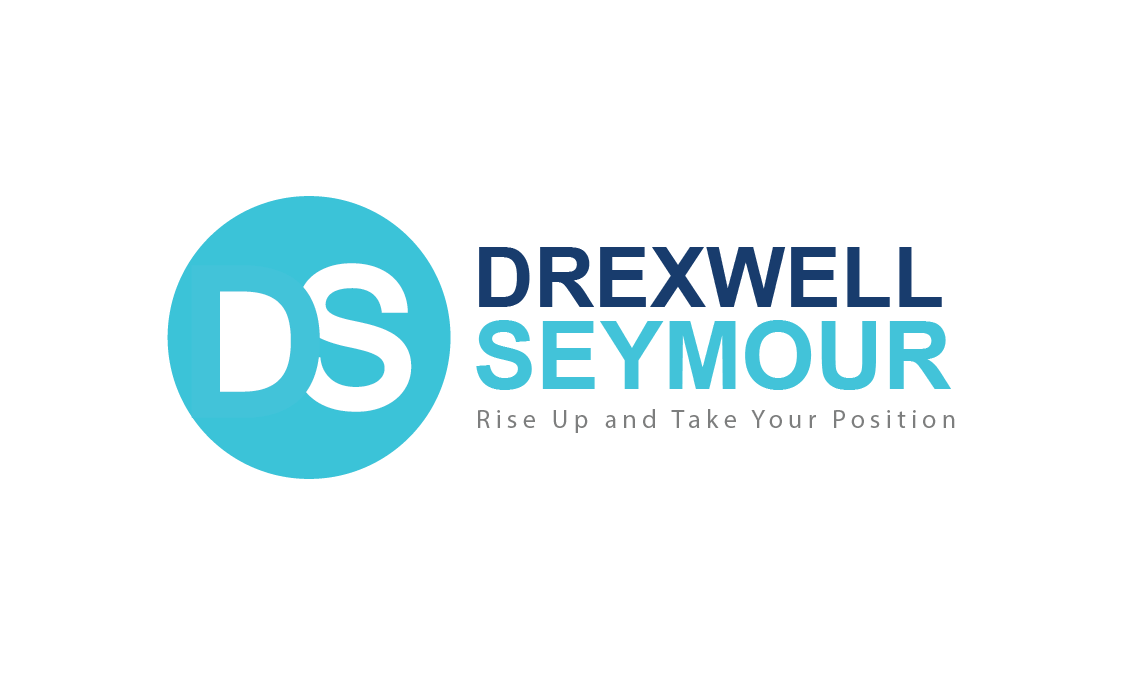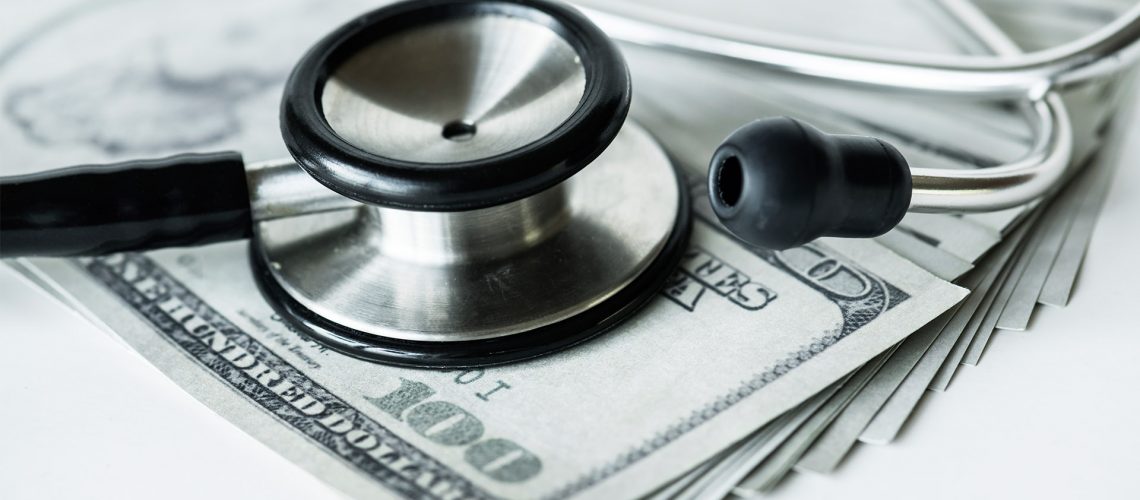Friends, as a former chairman of National Health Insurance Board and a current client of National Health, I feel it is my right to address the financial situation at NHIB. I know I have already made some comments under someone else page but this is my page and so I can elaborate.
First of all, when the National Health Insurance Bill was introduced to us in 2009, I was totally against the implementation because I like most people who opposed at that time suggested that the TCIG should make it mandatory that all persons have private medical insurance through their companies. However, when I became a member of the Board, only then did I realize the importance of this institution. BVI has recently implemented NHIB and the Bahamas is on the verge of doing the same. Both of these countries came to TCI on a fact finding mission and using our institution as a model.
Once you are covered by the National Health Insurance Board, there are no restrictions on your medical costs. NHIB covers all of your overseas medical costs. NHIB pays for your fight and provides you with subsistence during your time away. In addition NHIB covers your pre-existing conditions. Any pharmaceuticals over $25 is absorb by NHIB. Eg. If your pharmaceutical cost you $100, you pay $25 and NHIB pays $75. If you go to private doctor locally, NHIB pays $35 to that doctor/medical facility. One will not get half of these benefits from a private insurance company.
I am quite aware that there are issues among management and staff at NHIB which must be resolved in order for the organization to move forward. This article however is not to address this but to address the financial situation at NHIB. I will go on record and say that the financial situation at NHIB has nothing to do with the management personnel or style of NHIB. The situation we have on hand is that there is increase in the number of medical cases in TCI and therefore the Board is underfunded.
When management and the board of Directors presented the budget last year to TCIG, we knew the budget was not workable. However, as a statutory body, NHIB could not submit a budget showing a loss as it is against the guidelines of Govt. NHIB was asked to find ways to reduce its costs and they did put measurements in place to reduce costs including negotiating cost reductions with the main overseas providers. Unfortunately when it comes to the number of persons who are sick, it is beyond the control of NHIB. For the first half of 2016, there has been 18% increase in the number of patients referred abroad. Imagine if this trend continues, then the increase can be as much as 36% by the end of the year and I can assure you the budget does not reflect the cost to cover these unexpected increases in overseas treatment abroad cases. One also has to consider not only the medical costs, but also the subsistence cost, the travel costs and the pharmaceutical costs associated with these increases in the overseas treatment cases.
I know the first thing critics may say is that we should ban the NHIP plan. If we ban the NHIB plan, then it becomes more of burden for the TCIG and then TCIG will have to find other ways to increase its revenue (through a tax) should it decide to fully absorb all medical costs.
Before I go any further, I should note that NHIB is audited annually by PWC, a leading international company, and the audited financial statements are in the public domain. I should also add that NHIB has monthly board meetings and is attended by PS Finance and PS Health. If they are unable to attend, they send a representative. At every meeting, the financial performance of NHIB is discussed and furthermore NHIB like all statutory bodies must present quarterly report to the Ministry of Finance. For 2016 , I do not know the frequency or the format of the meetings as I was no longer on the Board. I can only speak to what happened when I was there in 2015.
Speaking about finance and since this information is in the public domain, I will share with you a synopsis of the finances for 2015. In 2015, NHIB collected more than $26.9 million in contribution income from their clients. In addition to the above the TCIG contributed a further $17.4 million to NHIB to cover overseas medical treatment, registered unemployed workers (up to 90 days I think) and indigents (persons who are sick really badly and not in a position to work). Now imagine if the TCIG had to fund the entire $44.3 million ($26.9 +17.4), do you really think we should ban NHIB.
On the cost side for 2015, there was a total of $39.6 million in health costs. This includes local medical costs, overseas medical costs, pharmaceutical costs, local and overseas travel and subsistence and reinsurance costs. Another $3.1 is on administrative costs which is minute compare to the overall scope of things.
I hope by now you have a better appreciation of the NHIB. We are now in 2016 whereby the number of cases has increased significantly but medical costs have also increased and so yes NHIB will have a financial crisis especially if the budget is not a true representation.
Here are my recommendations
Before I start with my recommendations, I believe most politicians are afraid to admit this. It is a sensitive issue and it has already happened. I am not a politician so I can say this. We should have never build two fully fledge hospitals. We should have one major hospital in TCI and all other islands have a medical facility along with family clinics in populated settlements.
- Having one hospital would have eliminated some of the local medical costs. However, I know we cannot do anything about that but I wanted to list that anyway.
- As a community, we must focus on preventative healthcare. At the moment, all of our funds are being used to treat diseases. We need to institute preventative healthcare platforms in our schools, our churches and homes. Perhaps NBIB can partner with someone and take this as project. There are far too many cases of sicknesses and diseases taking place in our small country. We need to educate our public on healthcare: eating and living healthy. If we do not address this, we will continue to spend more money than we budgeted for medical care. It is very challenging to budget for medical costs. The key for cutting medical costs is the prevention of diseases and sicknesses. Unfortunately, some of us do not get routine medical care or check up and we find ourselves in late stages of the diseases and then we end up blaming the hospitals.
- Everyone who lives and works here should contribute to the plan and be honest in their contribution. When one of our family members get sick, we get upset with the plan when sometimes we do not even contribute to the plan. However, because we are a small island and we know everybody, we called the minister or the premier for help. Is it fair to those who are paying?
- Everyone should be treated equally. Currently the plan refers persons to DR, Jamaica, Bahamas and sometime Puerto Rico for overseas treatment. However, there are some who refuse to go to these places and want to go the USA or they want to choose where they want to go. Don’t you know that some of those same doctors you deal with in the USA are from Jamaica, Bahamas etc
- NHIB along with the TCIG need to review the benefits including the coverage of the pharmaceutical costs. Perhaps the TCIG really needs to rethink about the establishment of their own pharmacy. Something has to be done because some pharmaceutical costs can be as high as $7000 for one patient.
- For those persons that have private insurance, perhaps the insurance can cover the 80% and NHIB can cover the remaining 20%. Of course the issue will be the referral country as NHIB does not send patients to USA.
- Another option is to increase the current rate from 6%. A study will have to be done to determine the best viable rate.
- Given that we have two modern hospitals in Turks and Caicos, we need to find ways and means to treat patients locally rather than sending abroad. It will cost us but I believe it will still be cheaper to do it locally. I know efforts have been made already as some doctors and consultants visit TCI often at the hospitals and are able to administer some of the procedures locally.
Before I close, it is important that I explain the difference between NHIB and IHC as there seems to be a lot of confusion.
In my opinion the National Health Insurance Board serves three primary purposes, 1) the registration of individuals so that they can access medical care locally through the main local provider and the selected overseas providers, 2) the collection and payment of funds. NHIB collects funds from employers for their employees and then use those funds to pay for medical costs locally and overseas and 3) the management of overseas treatment abroad.
Interhealth Canada on the other hand is the local provider of medical services to the people of the Turks and Caicos Islands. NHIB and IHC are two separate institutions and are managed separately.
I wish to stress that NHIB is not the problem, the cost of providing health care locally and overseas is the problem. The challenge for the new Government of TCI, is how much are they willing to fund the cost locally and overseas and are they willing to reduce the benefits offered to patients.
NHIB is helping to pay for the local and overseas medical costs and so NHIB is not the problem. The only new cost that has occurred as result of the introduction of NHIB is the administrative cost that I have already mentioned above.
Politicians should not interfere in the running of statutory bodies. Even Board members should not be responsible for the day to day activity of a board. The role of the politician with respect to the Board should be to implement policies and providing funding.
I have provided you with facts, not hearsay.

